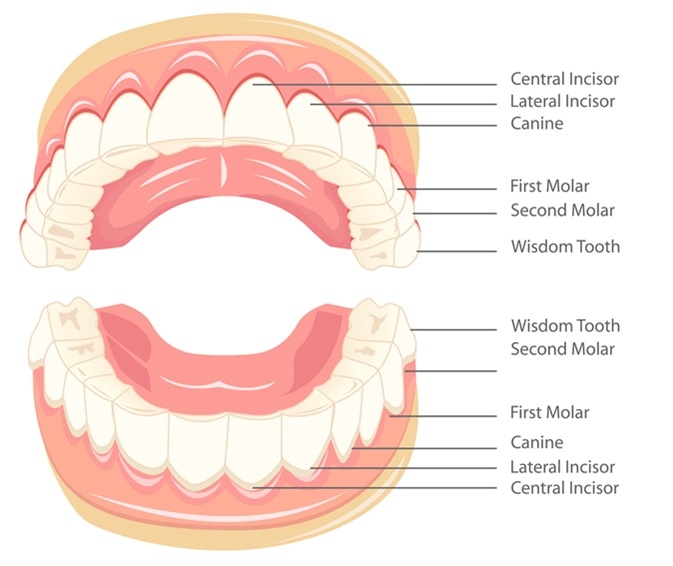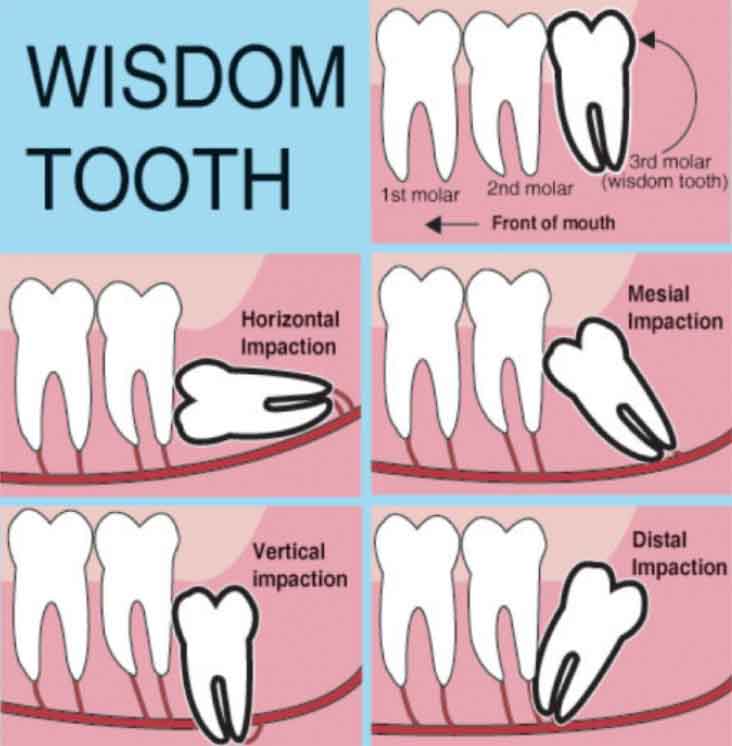Preventive Removal
Wisdom teeth, the scientific name is the third molar, the average person is between 16 and 18 years old before the growth, and by this time the human mind has become mature, so the habit is called "wisdom teeth". Wisdom teeth are the eighth tooth from the front, including the upper and lower jaw on both sides.

However, although most wisdom teeth do not grow until adulthood, each person will have a slightly different time depending on their developmental status. Some people may not grow every wisdom tooth.
Diseases caused by wisdom teeth
The diseases often caused by wisdom teeth are: dental caries (commonly known as tooth decay), pulpitis, pericoronitis, periodontal abscess, traumatic ulcer and uneven dentition. Wisdom tooth is the third molar, which has an important impact on the adjacent second molar. Because most wisdom teeth are anteverted and impacted, they top the second molar at an angle of about 45 degrees, forming a crown angle with the second molar, which is easy to block food. Daily brushing is not easy to clean the part, which leads to caries (tooth decay) of the second molar and the third molar for a long time, and even pulpitis, thus endangering the health of the second molar. Because wisdom teeth are in the innermost part of the oral cavity, and the space required for wisdom teeth eruption is often insufficient, the gingival flap is covered or partially covered around the crown to form a blind bag. Bacteria and food residues are easy to enter the blind bag, which often leads to wisdom teeth pericoronitis and adjacent periodontal abscess and nearby space infection. In addition, a single wisdom tooth sprouted on the same side has no relative or limited teeth to the jaw. Sometimes wisdom teeth germinate excessively, and the maxillary mucosa is repeatedly bitten to form traumatic ulcer. For impacted teeth inclined forward in the direction of eruption, it will also push the anterior teeth and cause uneven dentition.








